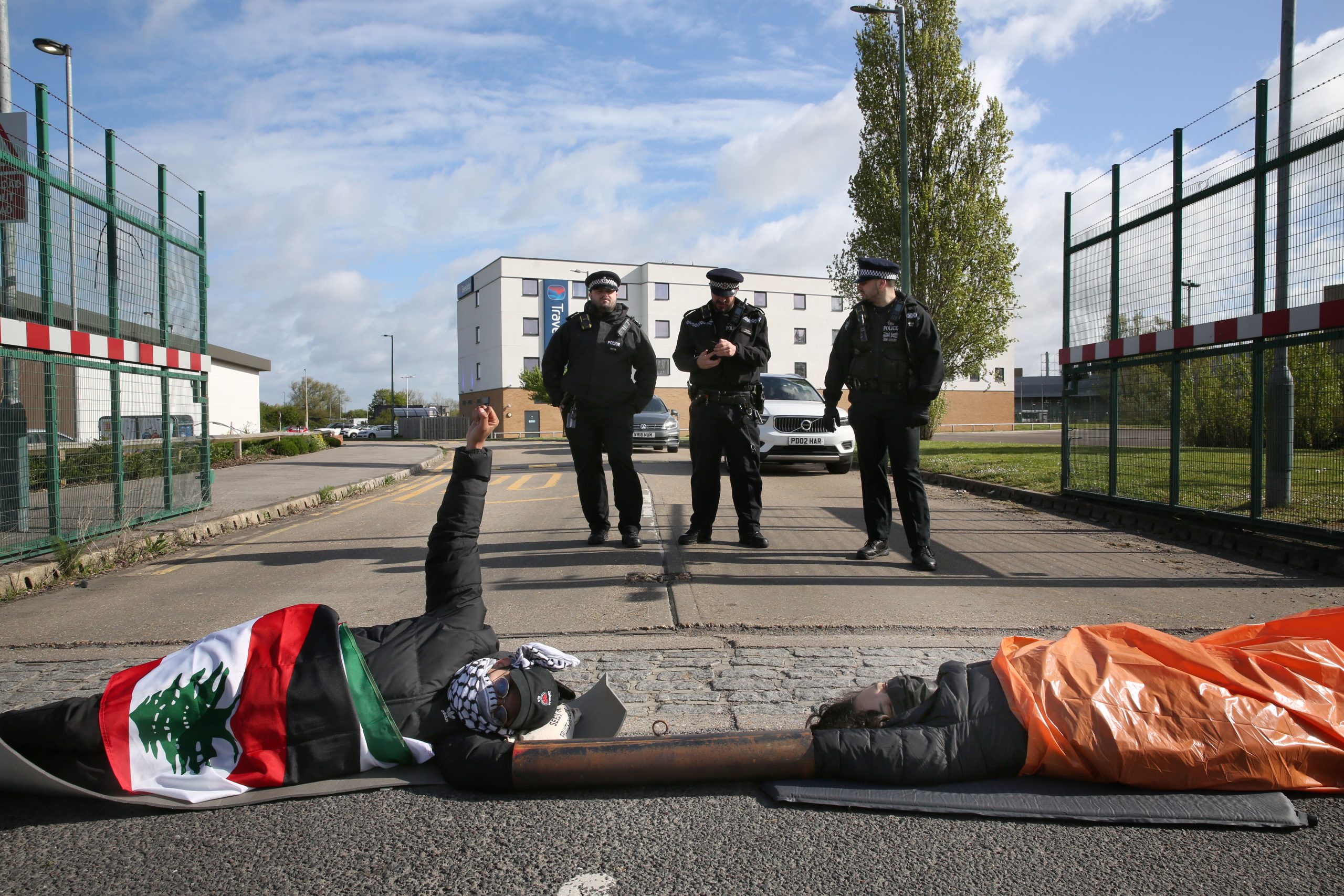A few months ago, well before any election was on the horizon, we wrote an article for Freedom laying out some post election scenarios and anticipating what that would mean for the far right and it’s ability to organise. Two scenarios we sketched out were a small working Labour majority (which would have seen mass far right and Conservative protests) or another hung parliament (more of the last few years). As things turned out, the Conservative party led by Boris Johnson stormed to victory and will govern with a 80 seat majority till at least 2024.
The question facing antifascists is pressing. How will an empowered explicitly hard right government change how far right and fascist groups organise themselves in the coming years? It seems obvious that for now, an electoral strategy is a dead end as the Tories have taken up too much space for a further right party to effectively function. The BNP, once a force to be reckoned with a little over ten years ago, managed to contest one seat in this election, and ended up coming up in fifth place – behind all the main political parties. The Brexit party also failed to break through, Farage’s capitulation to the Tories early in the election campaign swung the Leave vote behind the Johnson’s party in races where the Brexit party had a chance of winning. After years of turmoil UKIP continued their slide into irrelevance and joined a bunch of other non entities scrabbling for votes among the small proportion of the population for whom the Tories were not right wing enough.
After the election we have seen a consolidation on some sections of the far right behind the Conservatives. Far right activists like Katie Hopkins and Tommy Robinson have been quick to align themselves with the Tories, claiming to have joined them. Britain First have also encouraged their members to join the party. It remains to be seen whether this will be an alignment that has staying power, the Conservative party unlike Labour are not a particularly hospitable environment for grassroot initiatives like Momentum. It does reveal however a feeling in far right leaders that electoral efforts outside the rubric of the Conservatives have no real path forward.
Another possibility antifascists need to be prepared for is a resurgence in fascist and racist violence, either organised or spontaneous. It is a noted trend that racist incidents including attacks increase in the aftermath of bigoted statements made by prominent public figure. Now with the Tories in the driving seat, and a bunch of racist and authoritarian policies in their manifesto, marginalised communities are going to be under attack even more. Whether we see a return to the extremity of recent years is more doubtful. The implosion of National Action and the State’s continued interest in prosecuting far right extremists makes that path look increasingly unattractive.
Johnson’s government is certainly more right wing than previous Tory administrations, and has some deeply racist manifesto proposals that will need to be resisted in the months to come. Antifascists should, as always, keep an eye on the far right and identify new trends, rising leaders and prominent groups in order to best adapt it’s strategy for an effective opposition to fascism.
Listen to more in our latest episode on the far right and the election:








